Now, let’s get to the root of what those curl types mean as it relates to your styling needs. Wavy hair, which can vary in porosity and elasticity depending on the specifics of the wave, requires lightweight products that enhance the natural texture, as opposed to weighing it down. Focus on that enhancement and adding volume.
Alternatively, curly hair can often be porous, while elasticity varies, so the key here when styling is hydrating products to combat frizz and define curls. These hair hacks can also help by embracing curl-specific techniques like scrunching and plopping to maximize your curls’ definition.
Lastly, coily hair isn’t overly porous, but is high in elasticity. What does that mean? It means you need moisture-rich products to hydrate and nourish those tight coils. All these insights can help tailor your routine. It’s never easy getting past the trial and error portion of the styling game, but it’s worth it in the end.
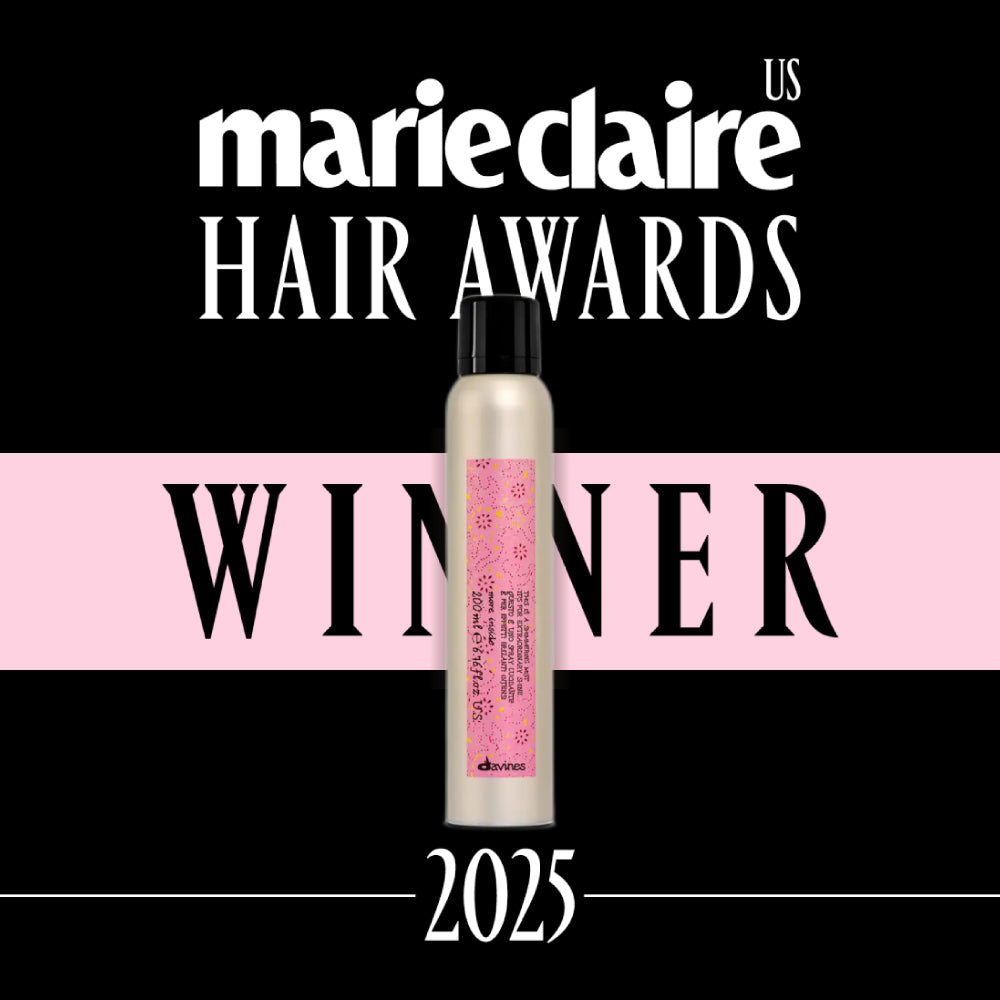


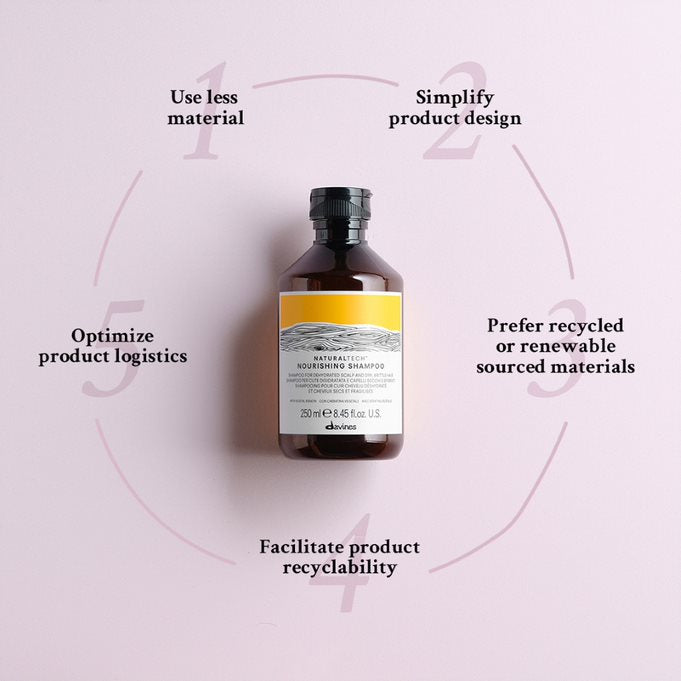
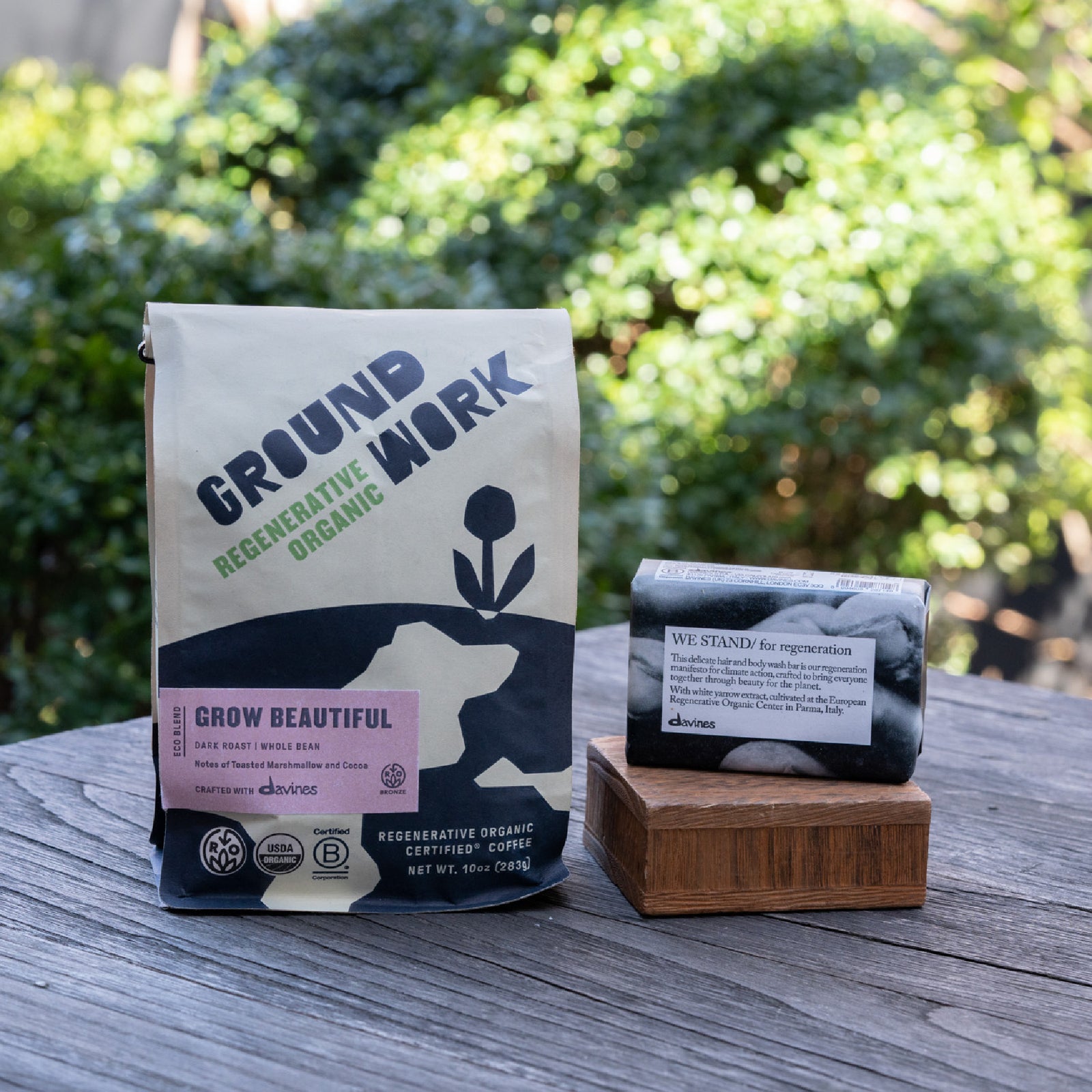
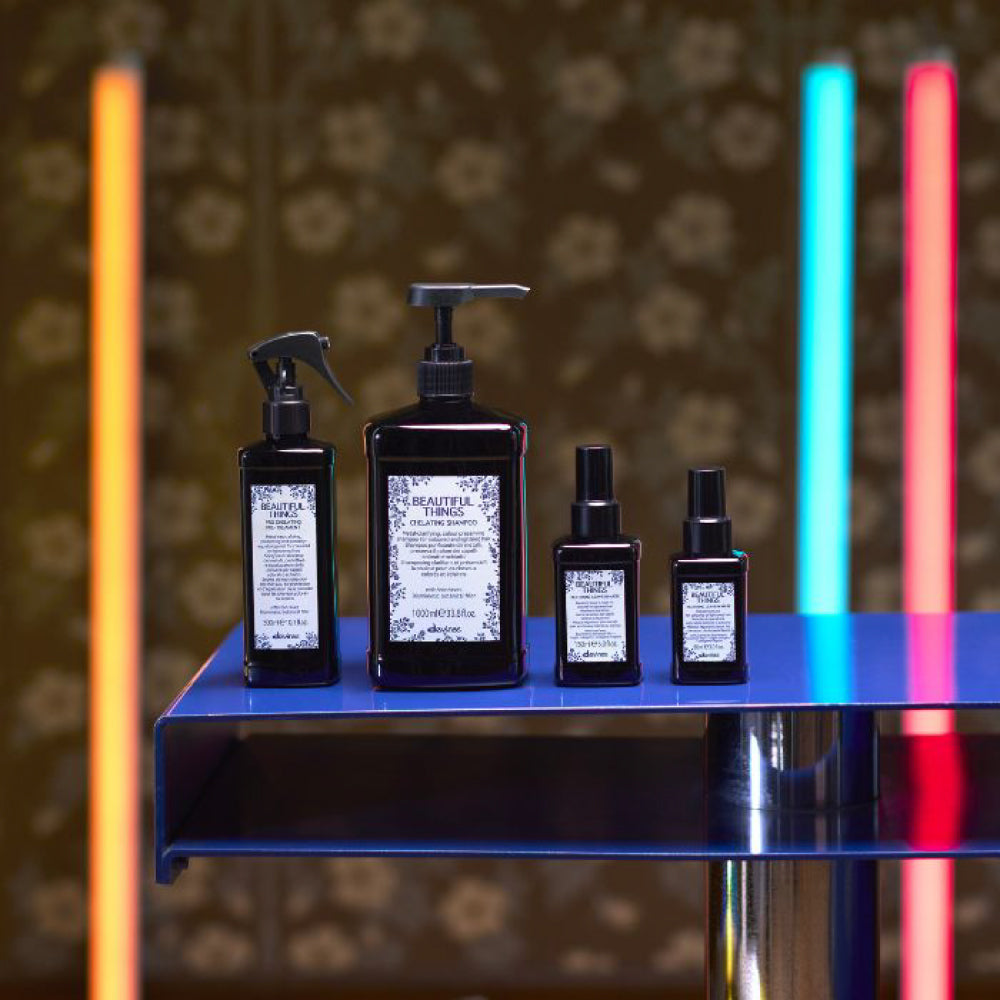
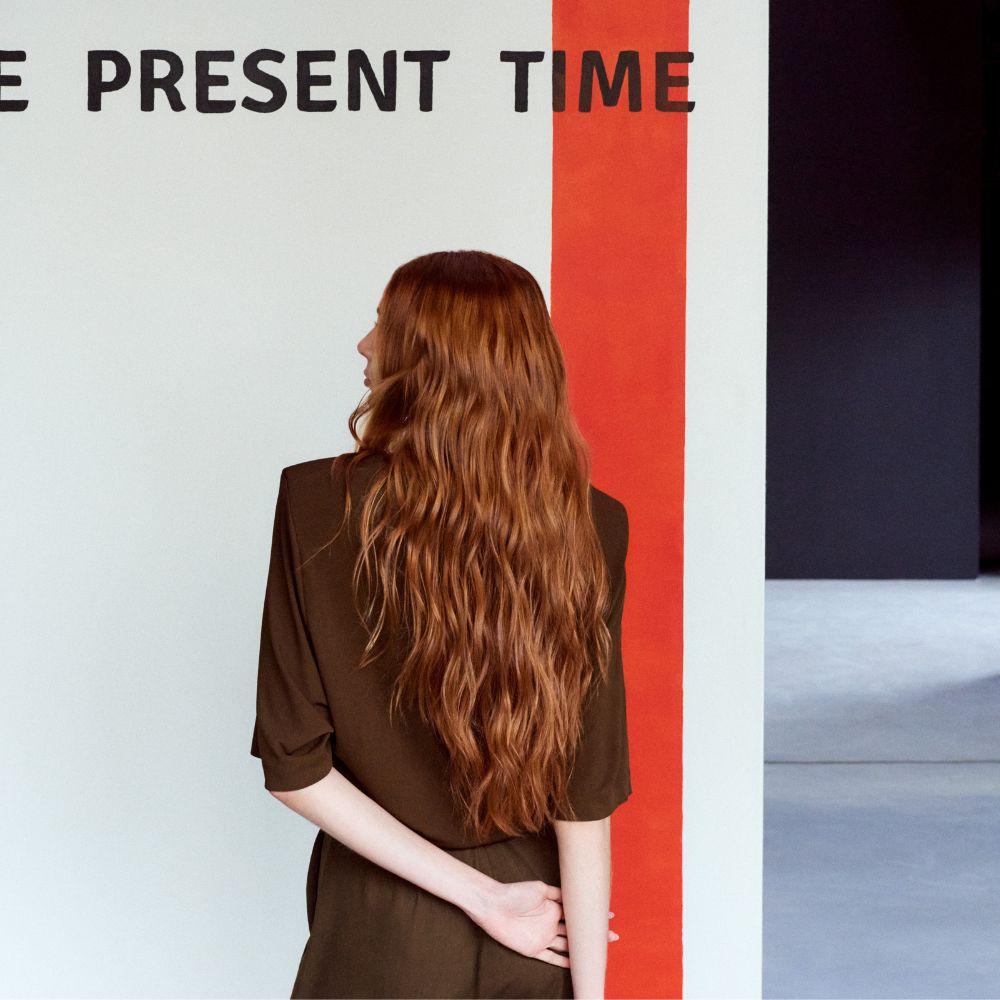
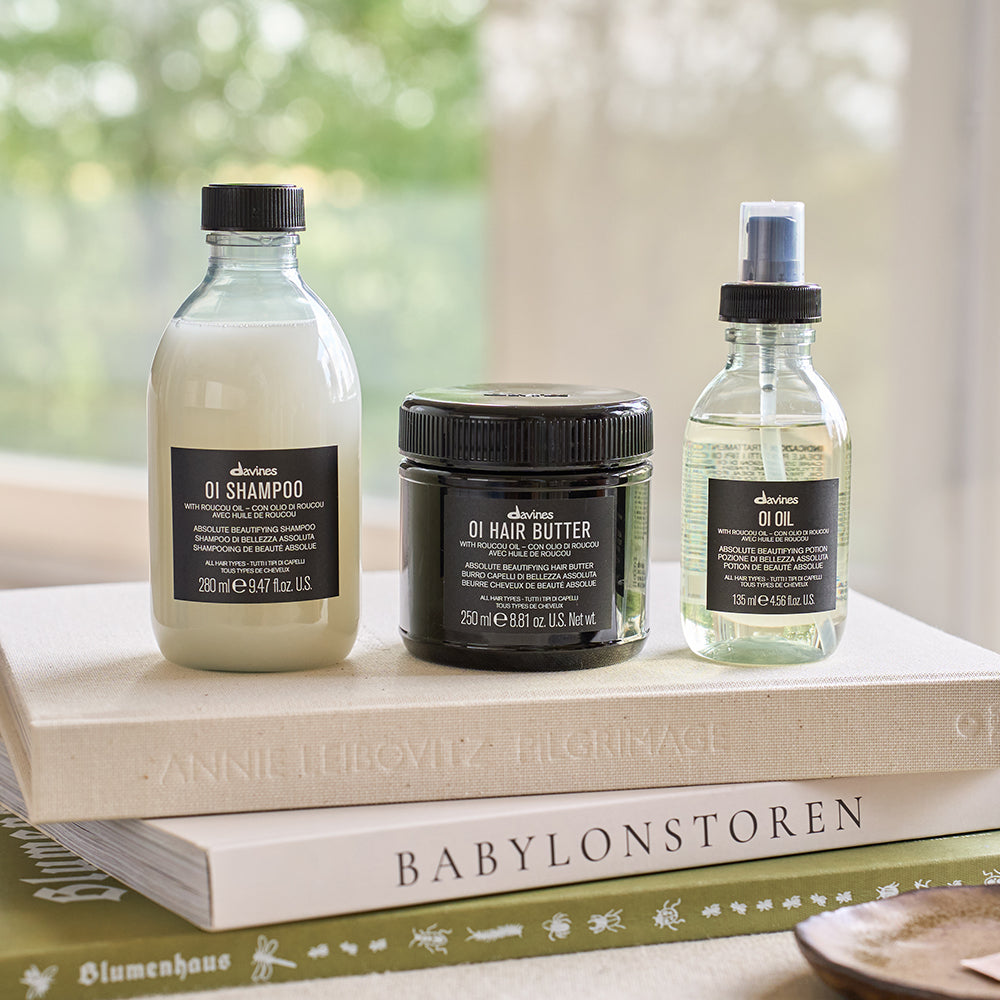
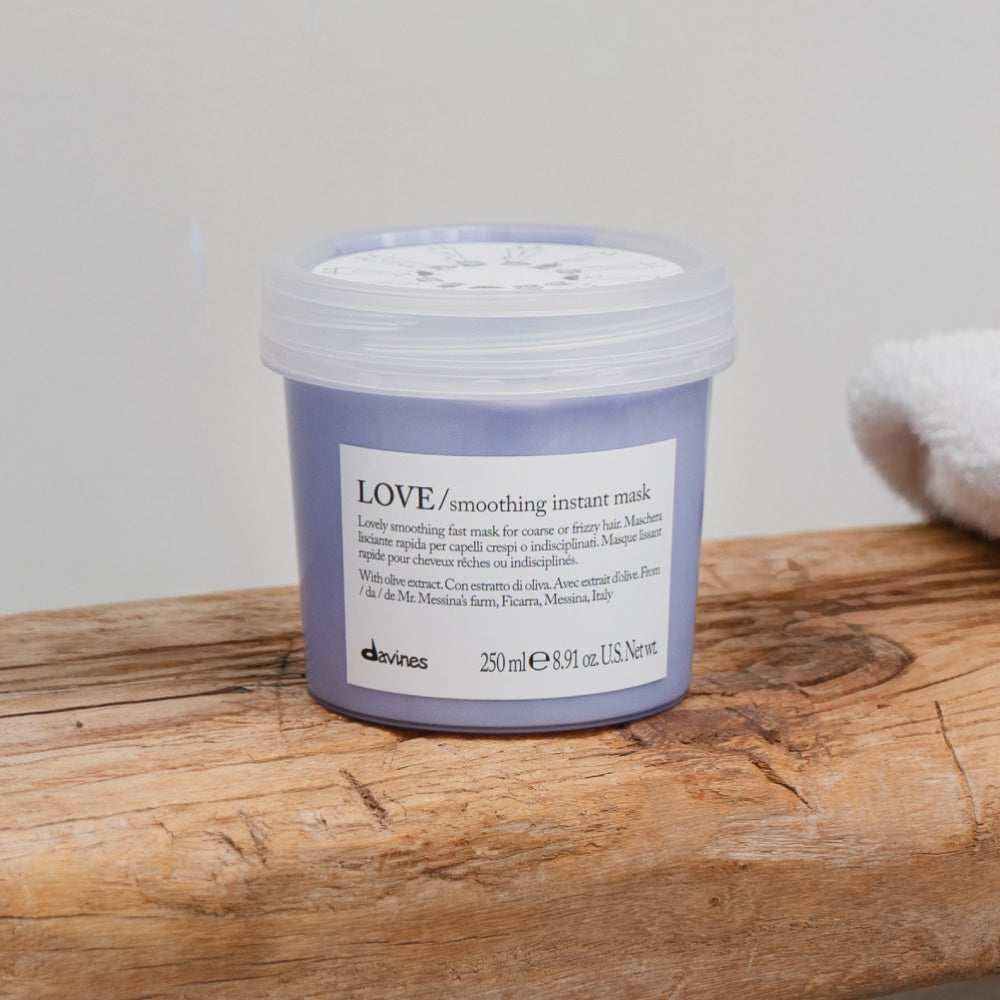




Leave a comment
Comments will be approved before showing up.